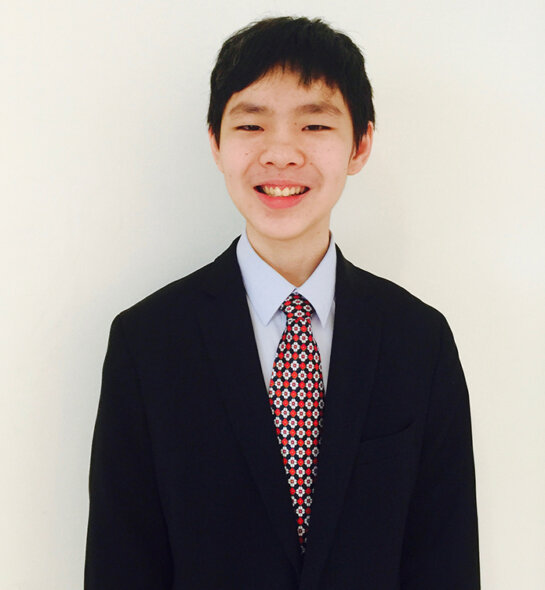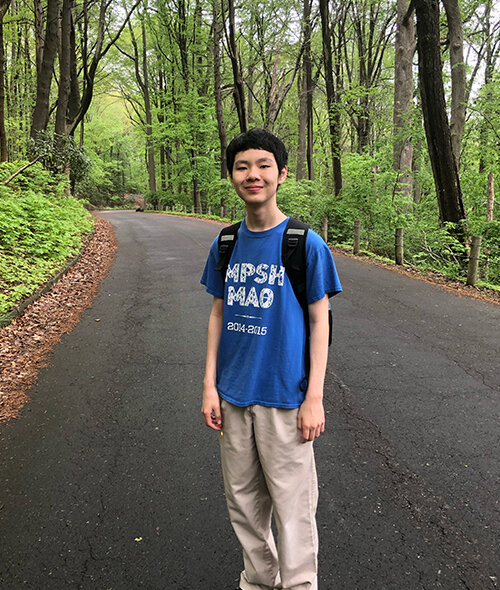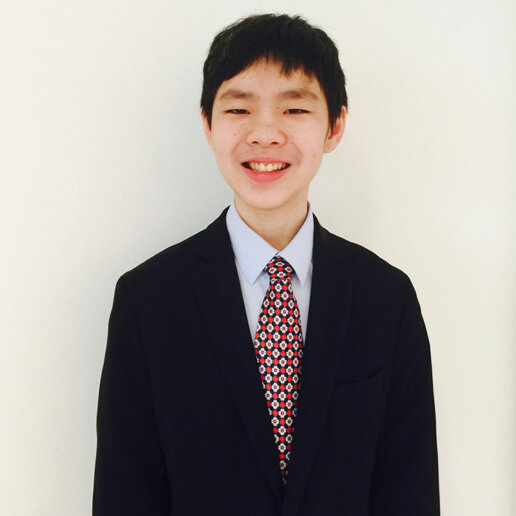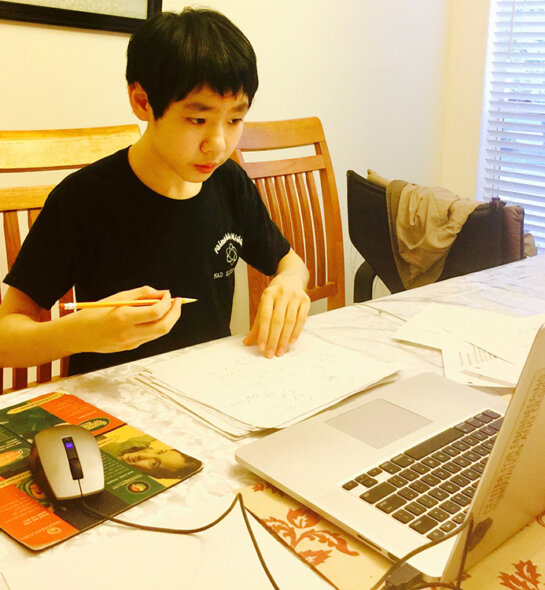Deeper Dive
For my project I developed a novel Hurricane Convolutional Neural Network (HCNN) model to accurately predict the intensity of hurricanes up to a day in the future. Over the past 40 years, hurricanes have caused $997 billion of damage in the United States alone. Since the intensity of a hurricane is directly related to the potential damage, correctly predicting its future intensity is very important for disaster mitigation. While it is true that the NOAA National Hurricane Center (NHC) has a suite of skillful models for predicting a hurricane’s track, operational intensity models are much less skillful. Predicting hurricane intensity is a great challenge for forecasters because it is not only controlled by many environmental factors, but also by each storm’s internal convective and rainfall structures. The Statistical Hurricane Intensity Prediction Scheme (SHIPS) is one of the most accurate models currently used by the NHC operationally for hurricane intensity forecasts. SHIPS is a multi-linear regression model mainly based on environmental predictors which do not sufficiently account for hurricane internal structures. In my research, I tackled this problem by leveraging machine learning and 20 years of NASA satellite rainfall images of hurricanes to create a model that predicts hurricane future intensity more accurately than SHIPS. I was inspired to pursue hurricane intensity research because I live in a coastal city (Miami, Florida) that is vulnerable to hurricanes every summer. After being forced to evacuate from home for 7 days due to Hurricane Irma in 2017, I became interested in how forecasters figured out how strong hurricanes would be. When I came across research papers about SHIPS, I felt that I could use machine learning to improve their model.
As I was completing this project, I faced many challenges, such as having to learn statistical analysis, how to use the Python TensorFlow library, and the R programming language for my project, along with the massive obstacles of data collection and time management. From this project, I have learned how to manage my workflow, incorporate and design machine learning models to solve big problems, and how to design a research project. I cannot thank my research mentor, Prof. Ping Zhu from Florida International University, enough for his consistent support of my project, especially for teaching me how to read and write scientific papers, and for his inspirational comments and suggestions to improve my model. Furthermore, I would like to thank my AP Environmental Science teacher and science fair sponsor, Ms. Pamela Shlachtman, and my AP Chemistry teacher, Dr. Yuria Sharp for their continuous support and encouragement to continue even through setbacks. I would also like to thank my AP Biology teacher Dr. Israel, AP Human Geography teacher Ms. Pizarro, AP Calculus teacher Mrs. Tuttle, AP Computer Science teacher Ms. Quintela, English teacher Mrs. Perse, school counselor Ms. King, and Miami-Dade school district science fair coordinators Mrs. Wendy Forteza and Mr. Carlos de la Camara for their unwavering support throughout my scientific inquiry and research journey. Overall, the pandemic didn’t affect my research very much, as my project was mostly done using online resources while at home.
My work will improve the quality of life for others by providing improved disaster response actions for coastal communities and cities vulnerable to hurricanes in the Atlantic Ocean. Since my HCNN model is significantly more skillful than the SHIPS model (13% more accurate on all storms, 15% more accurate on major hurricanes, and 6% more accurate on intensifying hurricanes), this project will allow for more informed disaster responses for these extreme tropical cyclones. As a result, this project will benefit millions of people who are all vulnerable to hurricanes in the US East Coast and the Caribbean. In the future, I also plan to make a fully-functioning web/mobile app to provide real-time hurricane predictions from my HCNN model to the general public and forecasters alike, along with expanding my project to other tropical cyclone-prone ocean basins like the Pacific and Indian Oceans.



